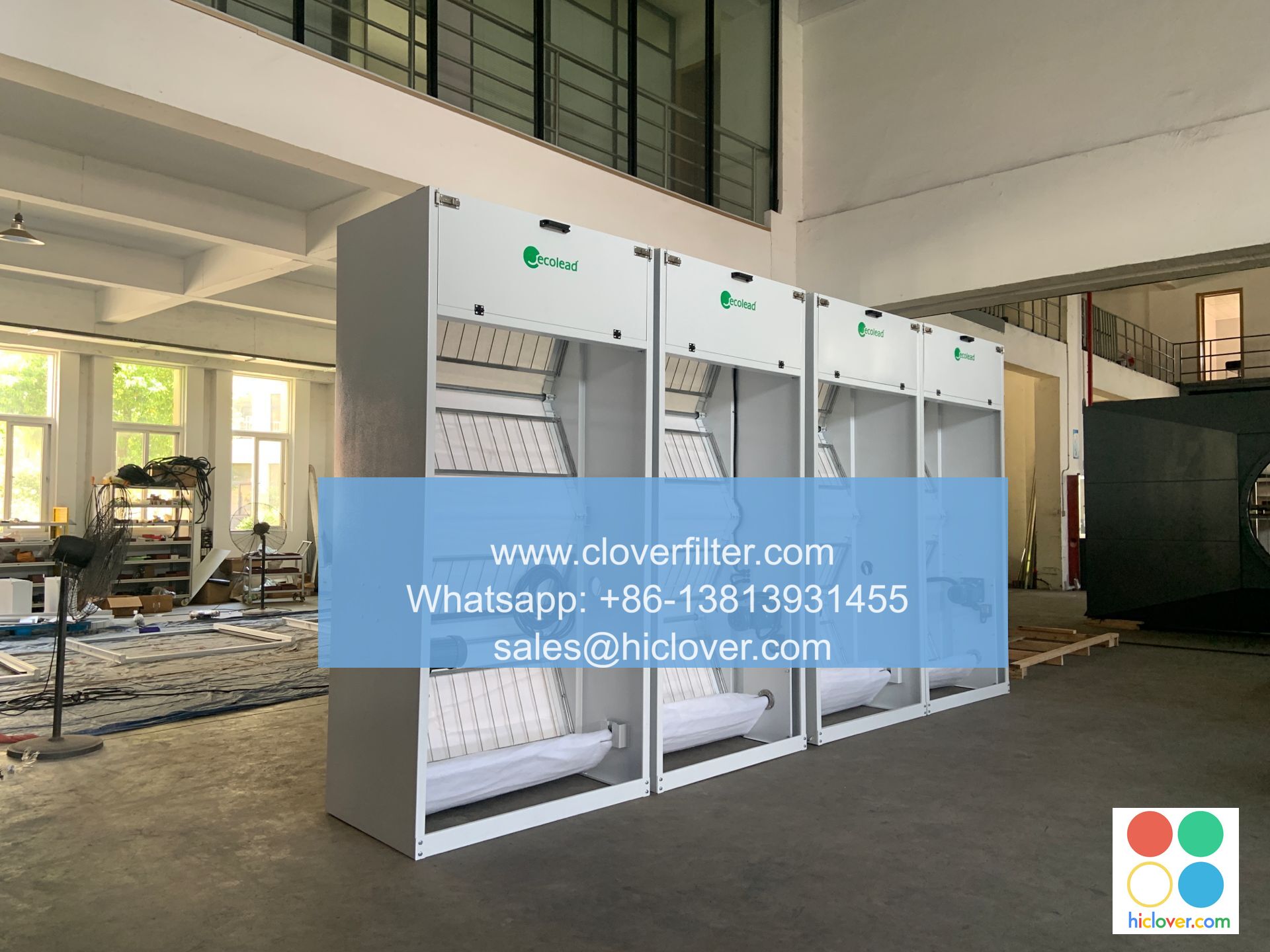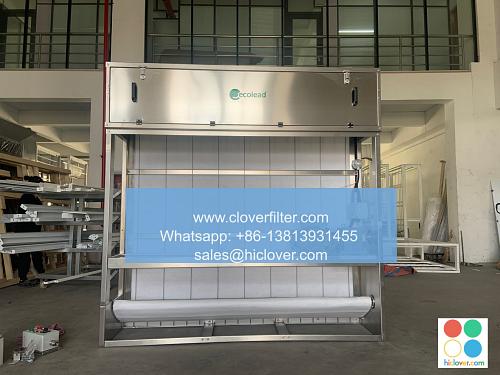The Role of Air Filters in Reducing Airborne Pollutants

Air filters play a crucial role in reducing airborne pollutants, which are harmful to human health and the environment. Air pollution control is essential to minimize the risks associated with poor air quality, and air filters are an effective solution for indoor air pollution reduction. In this article, we will discuss the importance of air filters, their types, and their applications in various industries.
Types of Air Filters
There are several types of air filters available, each with its unique characteristics and air filtration mechanisms. The most common types of air filters include:
* HEPA (High Efficiency Particulate Air) filters: These filters are designed to capture 99.97% of particles as small as 0.3 microns, making them ideal for high-efficiency air purification applications.
* Activated carbon filters: These filters are effective in removing gaseous pollutants and odors from the air, making them suitable for air pollution control in industrial and commercial settings.
* UV (Ultraviolet) filters: These filters use UV light to kill bacteria, viruses, and other microorganisms, making them ideal for air sterilization applications.
Applications of Air Filters
Air filters have a wide range of applications in various industries, including:
* Indoor air quality improvement: Air filters are used in home air purification systems to remove airborne pollutants and improve indoor air quality.
* Industrial air pollution control: Air filters are used in industrial settings to remove particulate matter, gaseous pollutants, and other harmful substances from the air.
* Commercial air filtration: Air filters are used in commercial settings, such as offices, restaurants, and shopping malls, to improve indoor air quality and reduce the risk of airborne diseases.
* Healthcare air filtration: Air filters are used in healthcare settings, such as hospitals and clinics, to remove airborne pathogens and improve patient outcomes.
* Aerospace air filtration: Air filters are used in aerospace applications to remove airborne contaminants and improve air quality in aircraft and spacecraft.
Benefits of Air Filters
The use of air filters has several benefits, including:
* Improved indoor air quality: Air filters can remove up to 99.97% of airborne pollutants, improving indoor air quality and reducing the risk of respiratory diseases.
* Reduced risk of airborne diseases: Air filters can remove airborne pathogens, reducing the risk of diseases such as influenza, tuberculosis, and Legionnaires’ disease.
* Increased energy efficiency: Air filters can help reduce energy consumption by minimizing the need for heating and cooling systems.
* Extended equipment life: Air filters can help extend the life of equipment by removing particulate matter and other harmful substances that can damage equipment.
Conclusion
In conclusion, air filters play a vital role in reducing airborne pollutants and improving indoor air quality. With their various types and applications, air filters are an effective solution for air pollution control in various industries. By using air filters, we can improve indoor air quality, reduce the risk of airborne diseases, and increase energy efficiency. As the world becomes increasingly aware of the importance of air quality management, the demand for air filters is likely to increase, making them a crucial component in the fight against air pollution. You haven’t asked a question or provided any context. What would you like to talk about?

